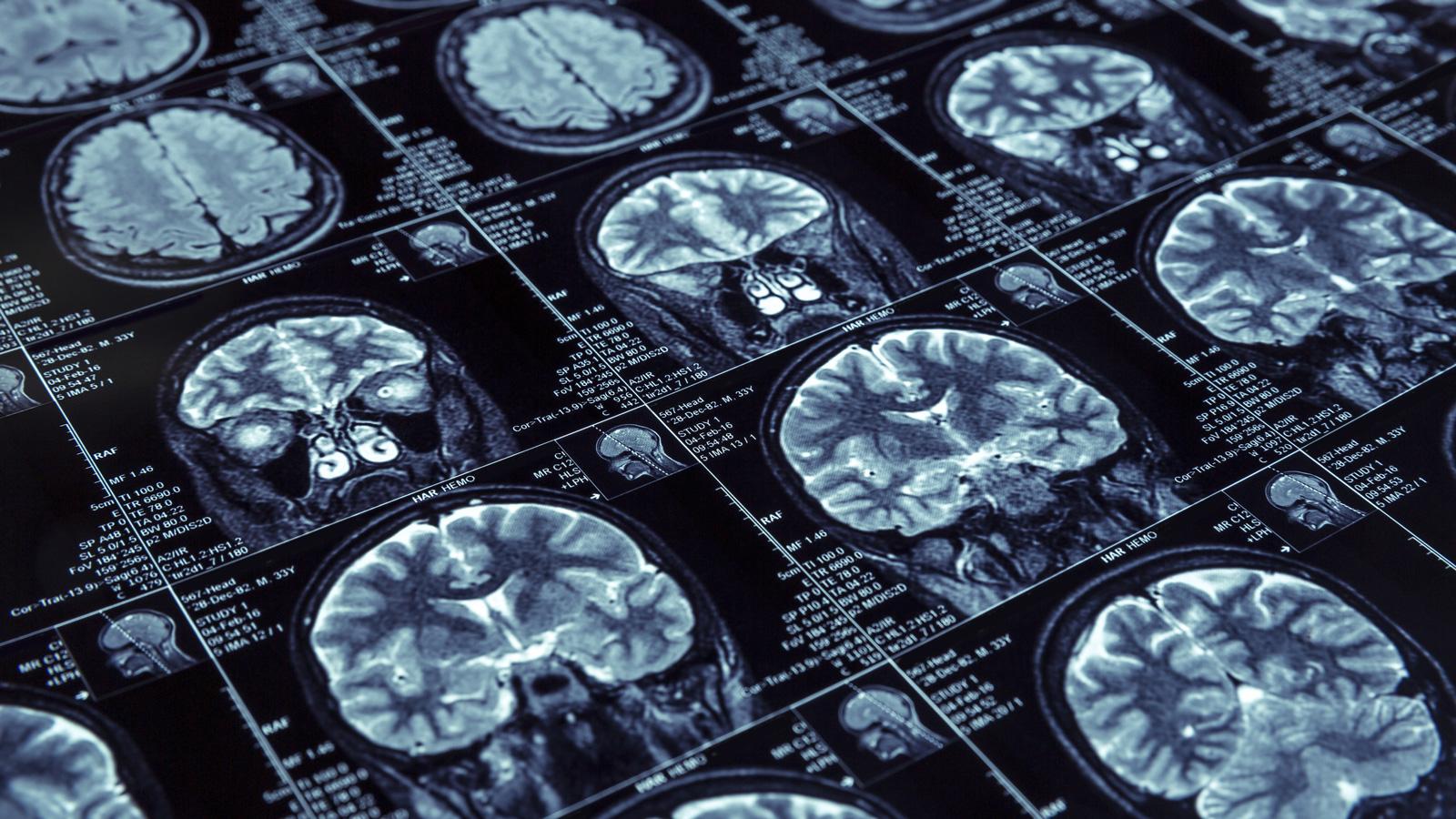Double ApoE4 gene a 'distinct form' of early Alzheimer’s

Having two copies of the ApoE4 gene is not just a risk factor for the development of Alzheimer’s, but is a likely cause of the disease, according to researchers in Spain.
The finding is significant as it suggests the gene could represent a distinct genetic form of Alzheimer’s, opening up new avenues of research in this form of dementia and – potentially at least – unlocking new ways of diagnosing, treating, and caring for those affected by it.
The new study, published in Nature Medicine, reveals that almost all (95%) people with two copies of the ApoE4 variant have evidence of either Alzheimer’s pathology, like amyloid deposits in the brain, or test positive for biomarkers of the disease in cerebrospinal fluid by their mid-60s.
That’s roughly the same trajectory as other genetic forms of the disease, such as autosomal-dominant Alzheimer’s disease (ADAD) and Alzheimer’s disease in Down syndrome (DSAD), which are very rare.
The authors, from the Biomedical Research Institute Sant Pau and Barcelonaβeta Brain Research Centre, said that their study “provides compelling evidence to propose that ApoE4 homozygotes represent a distinct, genetically determined form” of Alzheimer’s and suggests “the need for individualised prevention strategies, clinical trials, and treatments,” for these ApoE4 ‘homozygotes’.
The study – which looked at postmortem results from 3,297 brain donors, as well as clinical data from more than 10,000 people with European ancestry – also found that the age of symptom onset was about seven to 10 years earlier in people with two copies of ApoE4, at about 65 years, compared to a control group who were homozygotes for ApoE3.
ApoE3 is thought to be neutral for Alzheimer’s risk, while ApoE2 seems to reduce the chances of getting the disease.
Too early for widespread screening
Around 2% of the population is ApoE4 homozygotes, and while Alzheimer’s Research UK says it is too early to recommend genetic testing for the variant at the moment, the organisation’s chief medical officer, Professor Jonathan Schott, said the advice “may change in future.”
For now, even if a test showed someone carried risk genes for Alzheimer’s, they may never go on to develop dementia, due to other factors playing a role, and there’s still no way to tell who will, or won’t, go on to have symptoms. While commercial tests are available, the organisation is concerned there is no additional support or counselling to explain what the presence of risk genes means for patients and their loved ones.
Schott added that Alzheimer’s Research UK is funding several research projects to try and understand why having the ApoE4 gene increases the risk of Alzheimer’s, and equally why some people with ApoE4 do not develop dementia.
Not all are convinced by the study, however, and Professor David Curtis, honorary professor at UCL Genetics Institute, said: “I do not see anything in this paper to justify the claim that carrying two copies of ApoE4 represents some ‘distinct genetic form’ of Alzheimer’s.”
“It has been known for decades that ApoE4 is a strong risk factor for Alzheimer’s disease, that people carrying two copies are at high risk, and that people carrying two copies are at substantially higher risk than those carrying one,” he added.
“No matter how many alleles of ApoE4 one carries, the underlying disease processes seem similar across cases of Alzheimer’s disease, suggesting that any effective treatment and prevention strategies, which have yet to be developed, would have broad applicability.”
According to Professor Paul Matthews, head of the UK Dementia Research Institute Centre at Imperial College London, the finding could have important implications for clinical research.
“Because ApoE4 homozygotes are common in the population, have predictable ages of onset and rates of progression of disease, and […] show easy to measure biomarker changes as their disease evolves, they also constitute an attractive population for clinical trials of new treatments for Alzheimer’s,” he said.












